Would it be better to buy a student room than rent one?

Keytrade Bank
keytradebank.be
July 23, 2021
(updated August 20, 2024)
6 minutes to read
A student room opens up a world of opportunities. Your children won't have to cycle miles to their classes, they'll learn to live independently and, above all, they'll escape from your all-seeing eye. Unfortunately, these pleasures come with a price tag attached.
The Kotkompas (student lodgings survey) by property consultant Stadim shows that a student room in Belgium costs an average of €400 per month. However, there are major differences between the regions and between student cities. In addition, the quality of the student room itself (as well as its distance from the faculty buildings, whether it's located in a student neighborhood or not, the location of the room within the building, etc.) will determine how high the rent is.
What does a student room cost, on average?
| empty-header | empty-header | empty-header | empty-header |
|---|---|---|---|
Flanders | Wallonia | Brussels | |
student room | € 3.320 | € 3.335 | € 3.385 |
Student room with en-suite facilities | € 3.420 | € 3.370 | € 3.485 |
Studio | € 3.495 | € 3.460 | € 3.560 |
Average | € 3.400 | € 3.385 | € 3.455 |
You do the maths. Renting student accommodation for three years at €400 per month will cost €14,400. Five years will cost €24,000. And if you've got three students who all want to get their PhD in Brussels, you'd better have even deeper pockets.
The average rent for student rooms in Flanders has risen by 9% over the last 2 years according to the rent barometer of the Flemish Real Estate Confederation. There's a different story in Brussels – prices are under more pressure and have even fallen slightly over the last 2 years. No regional data on price trends is available for Wallonia.
So, should you just rush out and buy?
If you've got children who want student accommodation, it's definitely worth weighing this up. You won't have to pay rent, and once the children kiss the student life good-bye, you can rent out the student room. This way, you can recoup your investment, and even better, try to earn a return.
In any case, future demographic conditions are highly favourable for those investing in student rooms today. According to the Kotkompas from Stadim, around 40% of Belgian students currently live in student accommodation. The total number of students is expected to rise in the next few years from approximately 470,000 in 2020 to more than 600,000 in 2030, including 160,000 international students. The increasing internationalisation of university and college education is certainly a factor here. At the same time, more and more educational courses are being offered in English in our country.
If you'd like to take out a loan for a studio, that's possible too. Run a simulation Loans for 'ordinary' student rooms are not possible.
Points to consider when buying a student room
Buying a student room is an investment for the longer term. That's why it's a good idea to take a serious, in-depth look at the market beforehand. The following points are worth bearing in mind:
- The student cities are often the major cities where property prices have surged in recent years. You should also bear in mind that availability varies from one student city to another. Some cities are struggling with a structural or temporary shortage of student rooms, while others have a surplus.
- Buying a property and splitting it into student rooms used to be the path taken by most private investors. However, several cities no longer allow this, or only do so under strict conditions. This is because they want to prevent family homes from disappearing off the market.
- A beer crate to sit on and sharing one shower with 24 people? When you were a student, this was likely the norm. Nowadays, students demand more comfort. At the same time, you need to follow detailed legislation on ventilation, fire safety, general safety (e.g. no steep stairs) and minimum area requirements.
- Students come and go. Renting out one or more student rooms takes time and can be a hassle. Maintenance and repairs are also part of the equation.
- Professional players have moved into the market in recent decades. In addition to these private players, there are also many universities and colleges who own and manage a large number of student rooms. So, as a private investor, you're not the only one looking for opportunities.
- During the lockdowns, many students quit their student accommodation and used their room at home. The extent to which online learning will continue is still up in the air, which is another consideration when buying a student room. It is quite possible that students will increasingly be looking for flexible rental options rather than fixed contracts.
What opportunities exist for investing in student rooms?
Student rooms come in all shapes and sizes.
One option is several student rooms that are offered for sale as a single investment property. That can make it a large investment. Of course, you can also opt for alternatives such as a single studio or a small apartment.
Another option is to buy a room off a new-build or an investment project. For a room in a new project, allow between €110,000 and €200,000, depending on its location, finish and so on. The return is somewhat lower (2-4%) than a room that you manage yourself (4.5-5.5%), because a third party takes responsibility for managing maintenance and rentals.
You can also invest in student property without bricks and mortar (and without students). This can be done by investing in a listed real estate company, which in turn invests all or part of its assets in student facilities. Xior is the best-known to Belgian investors, known as the 'student landlady' of the stock exchange. However, there are also other real estate players in the student segment, both within and beyond the borders of Europe.
Want the best interest rate for a loan at the moment? Run a simulation now
Other articles that might interest you

What can you do if you find a hidden defect in your home?
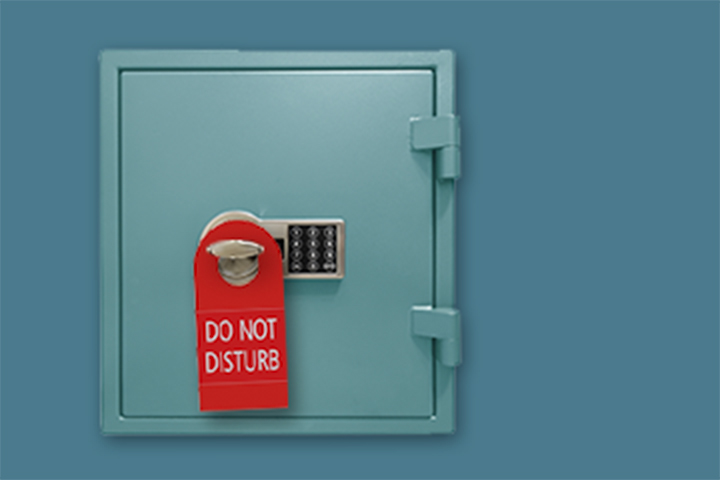
Do you have a dormant account? This is how you can check!

Will AI replace human investment advisers?

How to choose a tracker?

Graph of the week: Industry has not succumbed to Trump!

Guide: how much you need in savings

When you are taking out a mortgage, make sure to take out this free insurance

Why you can take out a home loan too as a single person

Gift or inheritance? Avoid these 3 big pitfalls (and any unnecessary tension)

An offer, an option agreement or a contract: ending the confusion

Risks and opportunities in the energy sector

Taking out a loan for energy-saving renovations: what are your options?

New reductions in stamp duty for home buyers

Everything you need to know about the post-intervention file
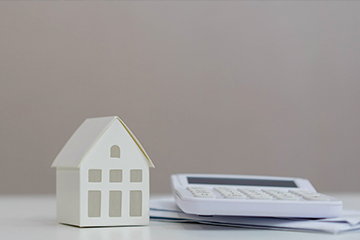
How much can you borrow for a home?

A no-deposit mortgage loan: fact or fiction?

Age limit for a mortgage loan: is it true?

Borrowing for a second home: what are your options?

Property shares: ripe for a comeback?

What happens to the shared home when a relationship breaks down?

Helping your (grand)children to buy a home: what are the options?

Stamp duty and inheritance taxes are set to fall sharply in Wallonia
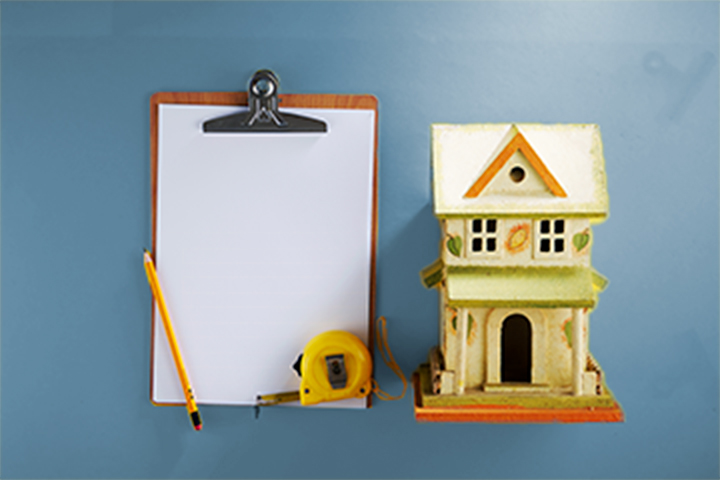
What to look out for when buying a home

Planning renovations? Which renovation grants are you (still) entitled to?

Rental income and taxes: what every landlord should know

After the gold rally, is it silver's turn?

Why the S&P 500 does and does not have a problem

Investing in future index constituents: opportunities and pitfalls
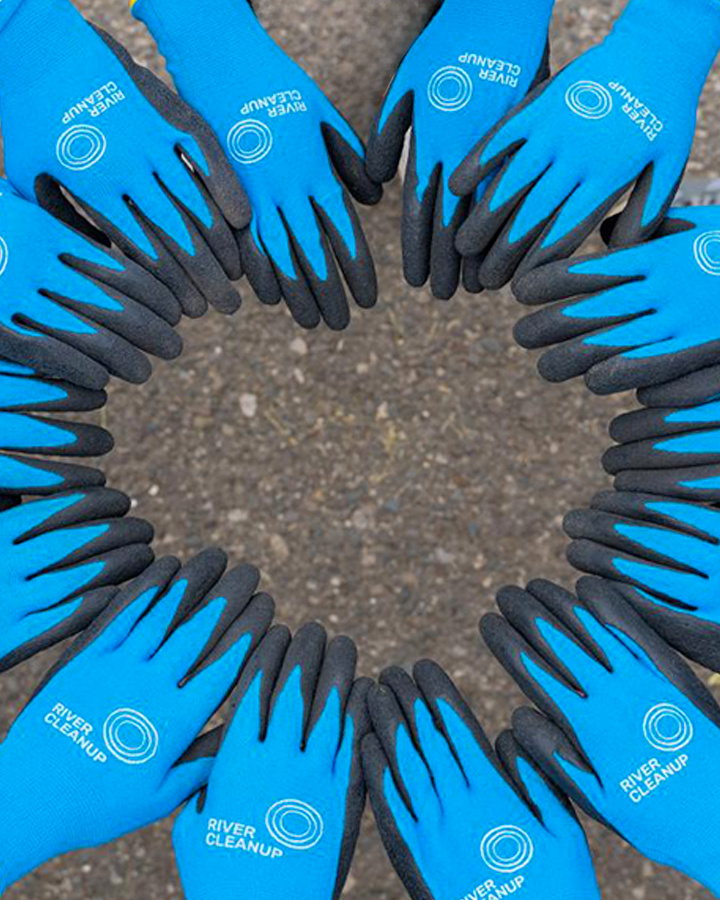
World Cleanup Day

Ever heard of the Zweig Breadth Thrust?

Humanoid robots: hype or golden opportunity for investors?

Defensive shares as a buffer?

US shares no longer number one!

One inheritance at multiple times: contingent legacies

Will there be a recession in the US?

As cruise companies gather steam, are their shares doing the same?

Your family member dies: how to manage their banking

Have the Magnificent 7 lost their magic?

Lending money to family or friends: do you have carte blanche?

What costs are involved in buying a home?

Has the obesity trade peaked?

How to invest in AI after the DeepSeek bomb

Married, cohabiting or in a non-cohabiting relationship: the impact on gifts and legacies

Writing your own will? Avoid these 10 mistakes

12 questions and answers about a lasting power of attorney

Want to fit in a gift before the end of the year and avoid paying gift tax?

Investors missed out on many great opportunities in 2024

Dividends, (pension) savings and tax-free income: what's new in 2025

40 years of pension savings: what will you spend it on (literally)?
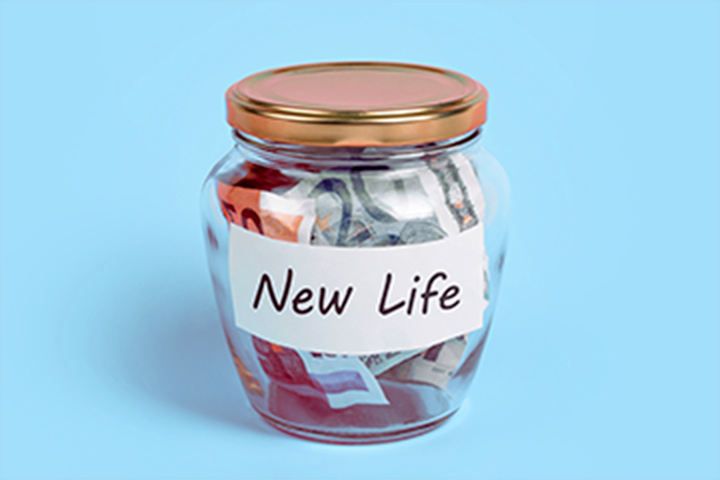
From FOMO to ZERO bank account? 5x pension savings to the rescue

Pension savings returns: these choices give the maximum payout

What monthly pension savings for a maximum return?
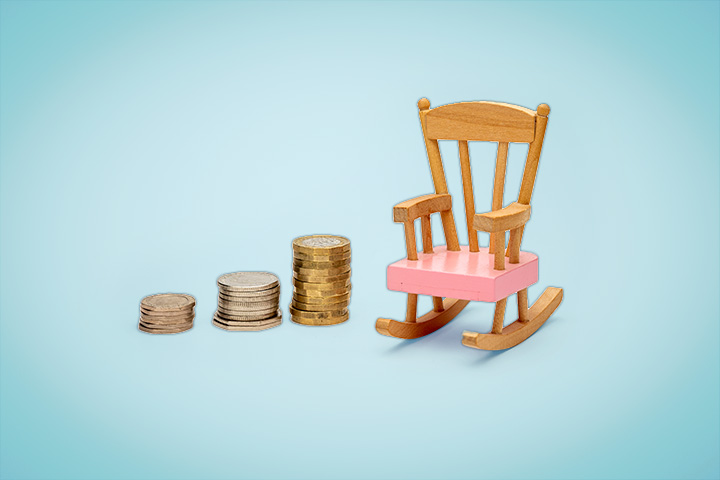
Lifetime pension savings: the sooner you begin, the more you rake in

What if pension savings were like a dating app?

Myth busters: 5 myths vs. facts about pension savings

Pension savings: save the grey hair for later

Why pension planning is even more important for women

United States 1, Everyone Else 0

What would the retired version of you say to yourself?

Which loan is the best fit for your renovation project?

FIRE: how hot is this financial trend and how does it work?

How can you teach your child to save? 12 tips

A potential worldwide trade war is claiming European victims

Ever thought of investing in the pet industry?
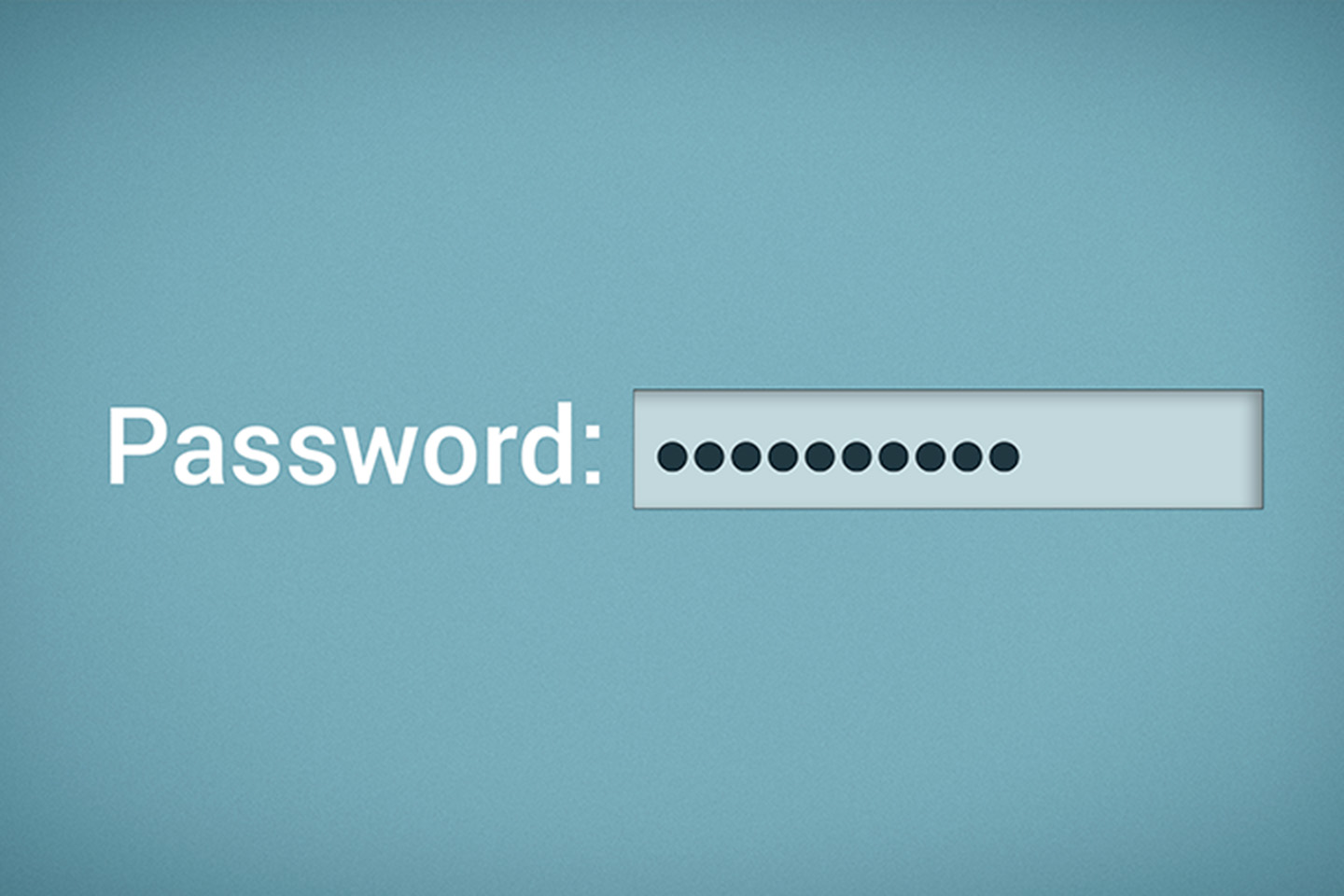
Have a password manager on your cybersecurity checklist yet?

Have long-term interest rates once again started a 40-year uptrend?

Democrats or Republicans: which party is better for your investments?

Scam letters are back (even though they never really went away)

Graph of the Week: Magnificent 7 vs 2000s Tech Bubble

Investing at new highs is an elevated idea

5 mistakes investors make in volatile markets

Government bonds, savings accounts, or term accounts: which should you choose?

Checklist: travel without any money worries

Investing in Belgian shares: the dangers of too many domestic securities

Investors, never pay too much for your favourite share!

House flipping: is it worthwhile?

Investing in dividend shares: what to look for?

What your friends forgot to tell you about cheaper travel

Why high dividend yields can be a poisoned chalice
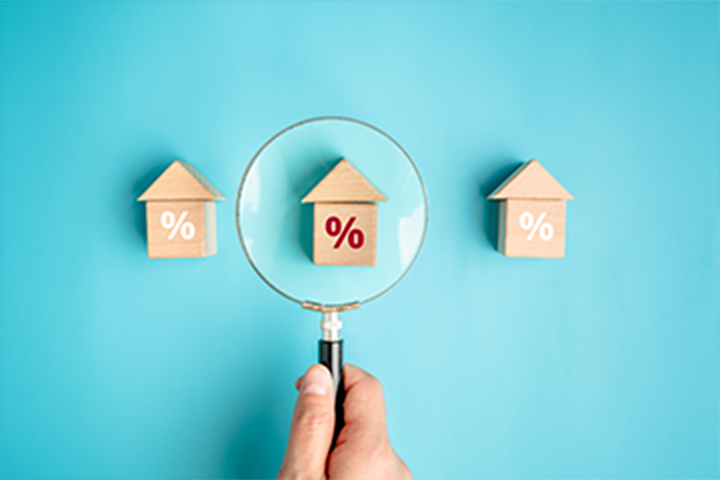
Comparing savings accounts: where do you put your money?

3 ways to invest when you don't have much time.

Watch out for recruitment scams

Is it time to invest in Chinese stocks again?

How do you select an investment fund for your child?

Opening an online bank account: what is holding you back?

Will ultra-low interest rates make a comeback? Probably not…

Robotics: From science fiction to science

How to recognise investment fraud

Are money market funds an attractive investment?

Is it the right time to invest in bonds?

Stock market records: some down-to-earth advice on how to respond to dazzling heights

Have you ever thought about investing for your children?

Online dating scams: tips to protect yourself

How can you invest in space travel?

How do you protect your smartphone from hackers?

Shopping online: 7 tips and points to consider

Five myths about sustainable investing

How can you invest in an ageing population?

6 reasons why installing solar panels is still worthwhile in 2024

How do elections affect the stock market?

8 questions and answers about holding companies

Nigeria: a new hot spot for adventurous investors?

Investing in emerging markets: are investment funds a smarter buy than trackers?

How to invest in the energy transition?

Read this before you scan another QR code

How to put phishers out of a job

Is India the new China?
Which sectors should remain overweight following the latest rate hike?

8 timeless rules for investors

Get ready for the last quarter!

Saving for the sake of saving? Or with a goal in mind?

How do you prepare financially for a longer life?

Handling recessions: a manual

How to navigate a relationship with lopsided incomes?

Avoiding and dealing with conflicts on financial matters: a guide

Sell in May? Is it really such a good idea?

Investors, keep your emotions in check!

How natural disasters affect the economy and the markets

Money management in a new blended family: a step-by-step plan

1 account for the both of you? Or separate accounts? Or a combo?

It is impossible to disinherit your child in Belgium: fact or fiction?

How much diversification is enough for your portfolio?

From KIID to KID: new rules, better investment decisions

Which investment opportunities are available on the road to smart mobility?

Is the end nigh for American dominance?

A vitamin shot for your investments
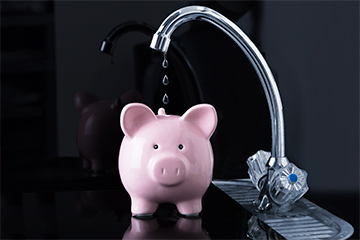
Does water earn a place in your portfolio?

What is the difference between a tracker and a fund?

Bonds to rise in 2023?

“The headwinds should ease up in the second half of 2023”

“More chaff will be separated from the wheat on the stock exchanges”

2022: 840 000EUR in bonuses and (a higher interest rate on your savings account)

Museum of Circular Economy: what’s next?

A recession and yet the markets are going up?!

What is technical analysis and how does it work?

The situation following the Russian invasion of Ukraine

There's something new in the air in the investment world!

6 points to consider for thematic investing
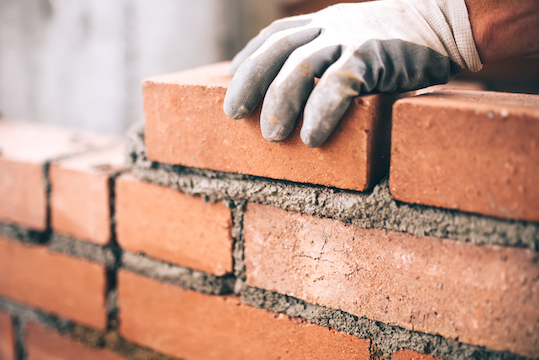
Property transfer tax – how much is this tax?

Is tighter monetary policy acting as a brake on the stock market upturn?

Belgian traders tempted by American stock market rush and Reddit investors

With or without the coronavirus: why green investing remains just as relevant as before

Impact investing: sustainable investments with that little bit more

How much additional income are you allowed to earn as a pensioner?

All in our fund market at the same price

How to invest if you're on a tight budget

This is what the tax authorities know about your money

Investing in dividend shares: what to look for?

Hate budgeting? This is your guide to budgeting

Podcasts about money and investments (part one)

Can countries go bankrupt?

Could there be a little more of using a little less?

Which investment style and which regions would benefit from renewed growth in interest rates?

Inflation? Grab some commodities for your portfolio!

Which shares will be the rising stars once interest rates start increasing again?

Gold, cash and government bonds: how safe are safe havens?

What is fundamental analysis, and how does it work?

Rent or buy? How to use the price-to-rent ratio

What do I do to balance my investments?

The impact of luck on investments

Are you investing really globally with a tracker on a world index?

Are we heading into a year-end rally by the stock markets?

Coronablog de Geert Van Herck: La panique atteint des sommets… énième épisode

Emerging countries are lagging behind!

First Aid for Your (Financial) Administration

Tips from an expert: how to keep your passwords safe

Coronavirus blog Geert Van Herck: Property once again fails to deliver diversification bonus

Making an offer on a property: what should you look out for?

Swapping your car for a bike: how much money could you save?

Can China make the dollar crash?

Afraid of causing Ferrari or hammock syndrome? This is how you can make a gift and stay in control

Are trackers the latest bubble on the financial markets?

Podcasts about money and investments (part two)

Anxious about inflation? Have you ever considered the mining sector?

What does higher inflation do to your savings and investments?

How can you invest successfully?

Which shares suit you?




























































































































































